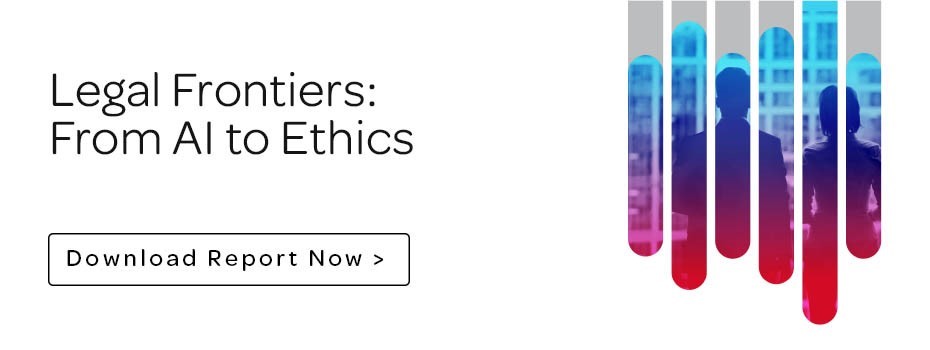Latest Articles
Agentic AI in Australia: Legal and Transparent Solutions for...
Authored by Allison Lawrence, Senior Legal Writer, Technology & Innovation Privacy Awareness Week , June 16-22, 2025 – As Australia observes Privacy Awareness Week, a critical conversation is taking...
Australia's Bold Leap into a New Era of Privacy Law
Authored by Alison Cripps, Head of Workplace, In-House and Technology, Practical Guidance Privacy Awareness Week 2025: Australia's Bold Leap into a New Era of Privacy Law Australia has taken a bold...
Why Lexis+ AI®︎ is a Game Changer for Australian Law Firms
As law firms navigate a highly competitive and evolving market, the need for technology that drives efficiency, reduces costs, and delivers exceptional client service has never been more crucial. A recent...
Annotated Civil Liability Legislation - Queensland, 6th edit...
Q&A with Richard Douglas KC, Gerard Mullins KC, and Simon Grant Annotated Civil Liability Legislation - Queensland, 6th edition is the essential companion for practitioners engaged in the conduct of...
Sexual Assault Trials: Challenges and Innovations
Q&A with Dr Greg Byrne and Dr Jacqui Horan Sexual Assault Trials: Challenges and Innovations offers a comprehensive examination of the systemic issues in sexual assault trials across common law jurisdictions...

Artificial Intelligence is proving revolutionary for the legal industry. The ability for algorithms to quickly and automatically analyse large data sets is changing processes and opening new opportunities for innovation.
The legal industry stands to benefit from the adoption of AI, but as the technology is in its early stages of implementation, there are many questions around its application. LexisNexis was determined to understand the mindset Australian legal professionals held towards the use of AI in legal practices. The Legal Frontiers: From AI to Ethics report presents a snapshot of Australian legal professionals’ views about the industry’s technological future. The report collected findings from the 2018 LexisNexis Australian Legal Tech Survey of 264 legal professionals, and panel discussions featuring 23 panellists and 435 attendees held across Australia, where legal professionals shared their thoughts on AI and its ethical use in the legal industry.
The report found that a majority of legal professionals (65%) believe AI is likely to, or will definitely, affect their area of practice in the next five years. The removal of grunt work (44%) and subsequent changed nature of legal work (42%) are the most common implications expected by legal professionals. Junior lawyers and graduates will be affected most by this change, but an optimistic school of thought suggests they will benefit from spending more time building cases and developing their skills as legal professionals. New legal tools will create alternative career pathways for legal graduates, and generate greater access to resources for the wider public.
The protection of private data is an increasing concern in all tech-driven industries , and despite general optimism around the adoption of AI, legal professionals feel that stronger data privacy protections (69%) and guiding ethical framework (58%) will enable Australia to better support the ongoing development of AI and mitigate potential risks such as bias or lack of transparency that may arise from its use.
AI clearly represents an opportunity for positive change in the legal industry. As can be seen in other industries, the wide adoption of AI will improve the efficiency of the practice of law, resulting in greater access to resources and exciting new opportunities for young lawyers. But in order to take full advantage of this, it must be developed and used in a mindful, egalitarian and - above all – ethical way that serves to uphold the rule of law and increase access to justice for all.
